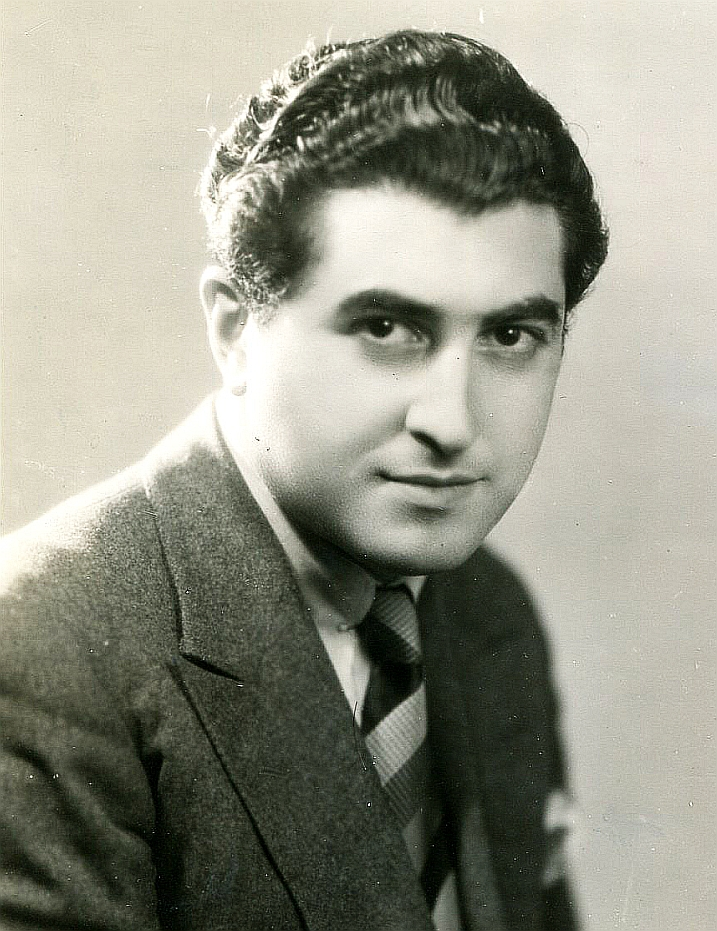Leo Reisman — Music Videos
Play All Leo Reisman tracks
Musical Style
Leo Reisman was a master of the popular music genre during the early-to-mid 20th century, blending the rich tones of jazz with the elegance of classical symphony. His orchestra was known for its high-energy performances and its ability to weave intricate musical tapestries that left audiences spellbound. One of his signature elements was the inclusion of violin solos, which added a unique flavor to his music. Reisman's orchestra was particularly known for its versatility, as it could effortlessly shift from lively dance tunes to soulful ballads, reflecting the diverse musical landscape of the era. His interpretation of songs like "Paradise" and "What Is This Thing Called Love?" are still celebrated for their unique arrangements and their ability to capture the essence of the Jazz Age.
Career Highlights
Reisman's career, which spanned more than four decades, saw him conduct some of the most popular orchestras of his time. He and his orchestra were a regular feature at the renowned Waldorf-Astoria hotel in New York City, where they performed for a who's who of high society. Over his illustrious career, Reisman recorded over 800 songs, including many that reached the top of the charts. In 1927, his recording of "My Heart Stood Still" climbed to number one, cementing his place in musical history. He also had success with "The Wedding of the Painted Doll" in 1929 and "April in Paris" in 1932. Despite his successful career, Reisman never sought the limelight, preferring instead to let his music speak for itself.
Cultural Impact
Leo Reisman's influence stretched far beyond his orchestra's stage. His music was a reflection of the times, capturing the spirit of the Roaring Twenties and the Great Depression in ways few other artists managed. His ability to blend various genres, from jazz to classical, helped shape popular music and set the stage for the big band era that followed. Reisman's influence can also be seen in his collaborations with other artists. He worked with the likes of Fred Astaire, for whom he served as musical director on several films, and Cole Porter, whose songs he helped popularize. Through his music, Reisman left an indelible mark on American culture, capturing the essence of an era and influencing generations of musicians to come.
Other Artists
Discover more voices we think you'll enjoy right now.
